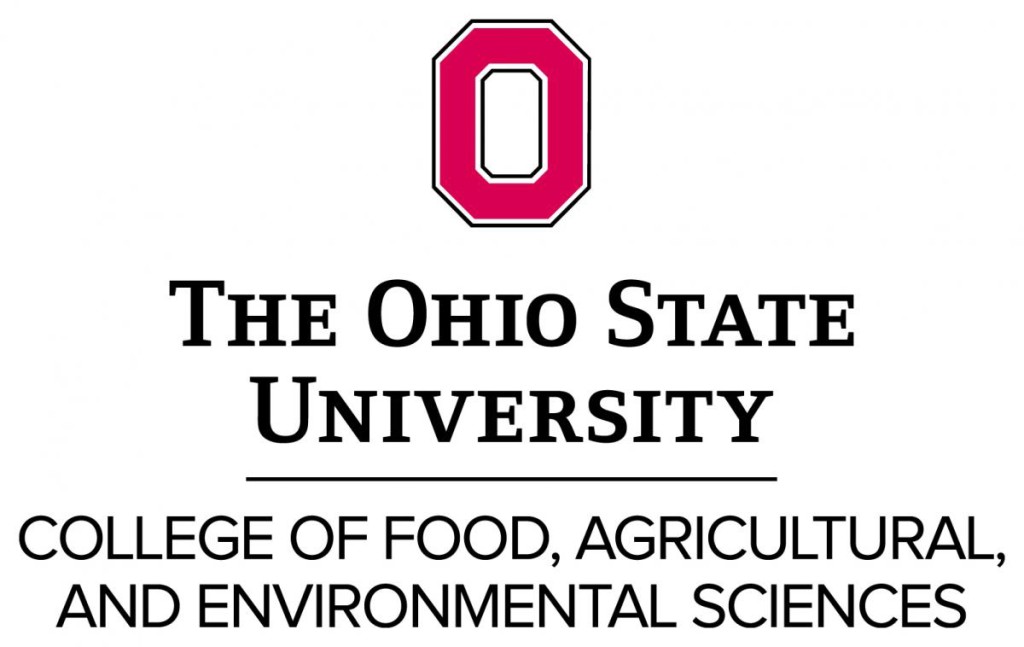By: Peggy Kirk Hall, Monday, March 26th, 2018
Amidst a great deal of controversy, President Trump signed the “Consolidated Appropriations Act, 2018” on March 23. The omnibus $1.3 trillion spending package includes a number of provisions that affect agriculture, not all spending related. One glaring omission from the bill that agriculture wanted, however, was language allowing the EPA to withdraw the Waters of the United States (WOTUS) rule. Otherwise, the new law contains fixes and clarifications for several key legal issues agriculture has faced in the past year and funding for important agricultural programs.
Section 199A tax deduction revised
Sellers of grain who were hoping to capitalize on the IRC § 199A 20% gross sales deduction when selling grain to their cooperative will be disappointed that the spending bill has removed the deduction and that the removal is retroactive to January 1, 2018. Congress enacted new provisions that will address sales to cooperatives. According to my colleague and tax expert Kristine Tidgren at Iowa State, “the cooperative patron is subject to a new bifurcated calculation and a hybrid 199A deduction. Essentially, the fix gives the cooperative patron a deduction that blends the new 199A deduction with the old 199 DPAD deduction (all within the new 199A). Depending upon their individual situations, cooperative patrons may be advantaged, disadvantaged, or essentially treated the same by selling to a cooperative rather than selling to a non-cooperative.” Read more of Kristine’s analysis here.
CERCLA emissions reporting for livestock goes away
The spending bill incorporates provisions of the “Fair Agricultural Reporting Methods Act” proposed earlier by a bi-partisan group of Senators concerned about a court ruling that subjected farms to air emissions reporting under the Comprehensive Environmental Response, Compensation and Liability Act (CERCLA) (explained in our previous post). The EPA had delayed the reporting requirement to May 1, 2018. The reporting mandate is removed under the new law, however, which states that air emissions from animal waste at a farm are not subject to CERCLA reporting requirements, nor are emissions from the application, handling or storage of registered pesticides. A “farm” is an area used to produce crops or livestock that have a total value of $1,000 or more.
Electronic logging device rule further delayed
We’ve reported several times on the Electronic Logging Device (ELD) rule that would require commercial agricultural haulers to utilize electronic technology that automatically records hours-of-service data. The Federal Motor Carrier Safety Administration (FMCSA) issued several waivers that delayed the requirement. The new spending bill effectively voids the ELD rule until September 30, 2018, by prohibiting the FMCSA from using its funds during that time to implement, administer, or enforce provisions regarding the use of electronic logging devices by operators of commercial motor vehicles transporting livestock or insects.
County-level ACRE pilot program to be established
The spending bill directs USDA to create a 2018 pilot program for county-level agriculture risk coverage (ARC) payments for the 2017 crop year. Farm Service Agency offices in each State will have the opportunity to provide agricultural producers a supplemental payment to ensure that there are not significant yield calculation disparities between comparable counties in the State.
Rural broadband grant program funded
The law allocates $600,000,000 for the USDA to conduct a new broadband loan and grant pilot program under the Rural Electrification Act. At least 90 percent of the households to be served by the project receiving a loan or grant under the pilot program must be in a rural area currently without sufficient access to broadband.
Conservation funding maintained
The spending bill maintains full funding levels for farm bill conservation programs and exempts farms participating in conservation programs from obtaining System for Award Management (SAM) and Data Universal Numbering System (DUNS) numbers. The Great Lakes Restoration Initiative received $300 million to carry out activities that would support the Initiative and the Great Lakes Water Quality Agreement, including grants for research, monitoring, outreach, and implementation.
Research funding increased
In stark contrast to significant cuts proposed by the White House, the spending bill contains the largest increase in research funding in over a decade. Research programs at the USDA would grow by $33 million, to $1.2 billion. The funding includes a $25 million increase to a $400 million budget for the Agriculture and Food Research Initiative (AFRI) established by the 2008 Farm Bill, surprisingly still $300 million shy of the 2008 Farm Bill’s proposed funding level.
Readers can dig into the 2,232 pages of the Consolidated Appropriations Act of 2018 here.
